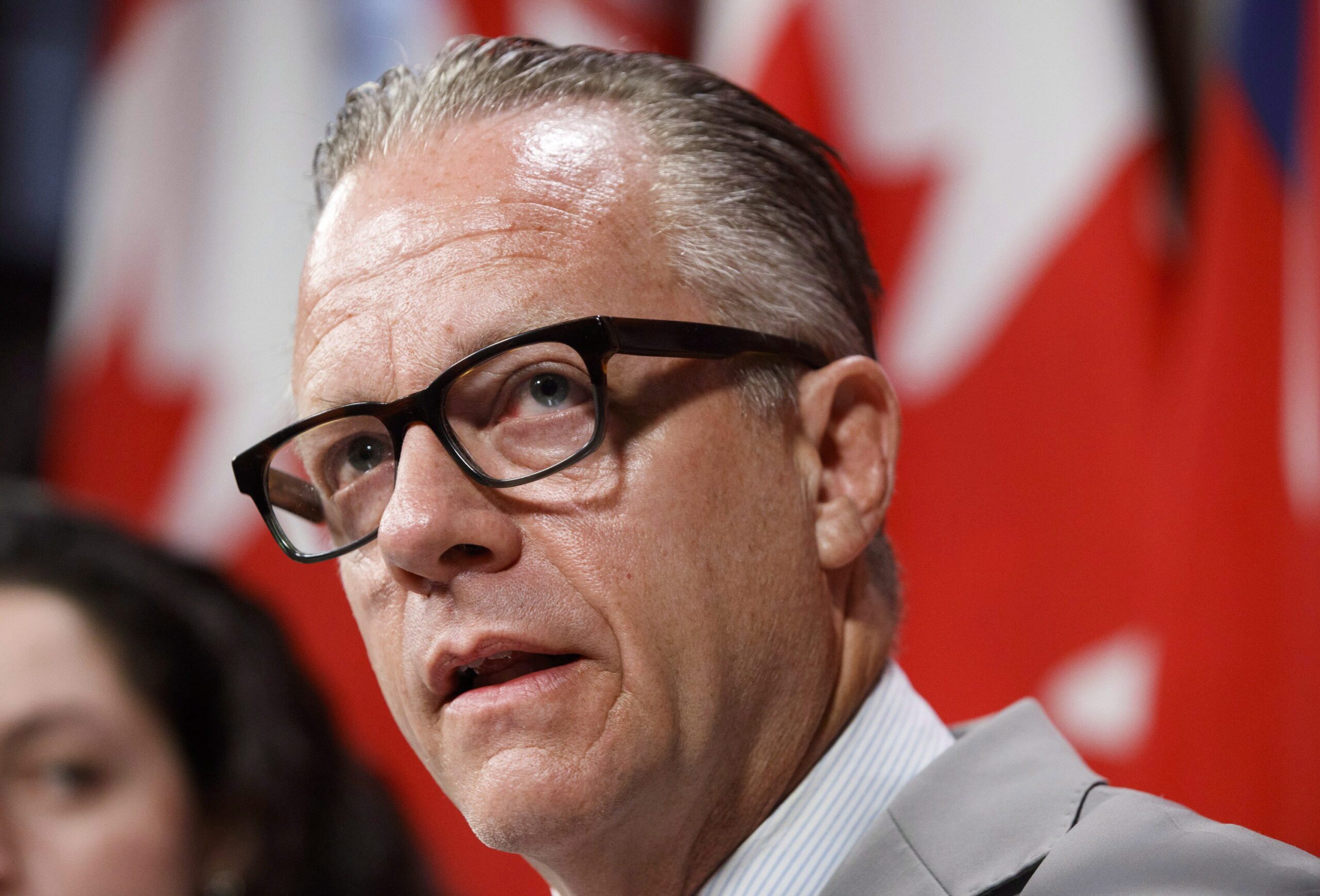If the Doug Ford government reverts back to the 1998 sex education curriculum, it may have to fight for it in the courts.
The Canadian Civil Liberties Association (CCLA) is considering launching a legal challenge if and when the curriculum is changed.
“Any withdrawal of content on the basis that it educates kids about gender identity or sexual orientation discriminates against the LGBTQ+ community by turning our sex-ed curriculum into a ‘don’t ask, don’t tell policy,’” says Michael Bryant, executive director and general counsel of the CCLA.
Bryant believes that any curriculum that strips away education on sexual orientation and gender identity would likely violate the equality clauses of the Canadian Charter of Rights and Freedoms.
Even though the old curriculum was in use until 2015, Bryant says reverting back to it could still be unconstitutional.
“A failure to update the sex-ed curriculum is wrong, but I think it’s a lot more serious and more constitutionally risky to actively remove information in a discriminatory fashion,” he says.
How the CCLA would launch a challenge would depend upon the mechanism the Ford government uses to change the curriculum, which they have yet to do.
“Once we have something, then we can decide what tribunal to go to, what court to go to, whether to seek injunctive relief or an application,” he says.
On July 17, Ontario Education Minister Lisa Thompson flip-flopped on whether concepts such as consent, cyber safety and gender identity will be taught in classrooms in September.
“We know they need to learn about consent,” she said at the legislature. “We know they need to learn about cyber safety, we know they need to learn about gender identity and appreciation. But we also know that the former Liberal government’s consultation process was completely flawed.” However, later that day, Thompson’s office released a statement saying no decisions have been made on what the new curriculum will look like.
Emmett Macfarlane, a University of Waterloo political scientist, raised some doubts on Twitter about whether a legal challenge from the CCLA could be successful.
“Is there some homophobia/transphobia driving this? I think so. But I think a legal claim of discrimination would be more plausible had the gov’t cherry-picked LGBT content to remove from the curriculum,” he wrote. “As of now, they say they’re going to consult and develop something new.”
If the curriculum changes do go through, individuals could also take the government to the human rights tribunal. In 2017, two Manitoba families filed complaints with the Manitoba Human Rights Commission alleging the provincial curriculum allowed discrimination against LGBT families.
Bryant sees any challenge from the CCLA as part of a broader opposition to reverting back to the old sex education curriculum.
“In the legislature, New Democrats and Liberals are fighting this, that’s the political battle,” he says. “And CCLA is looking to weigh-in in the courts.”

 Why you can trust Xtra
Why you can trust Xtra


